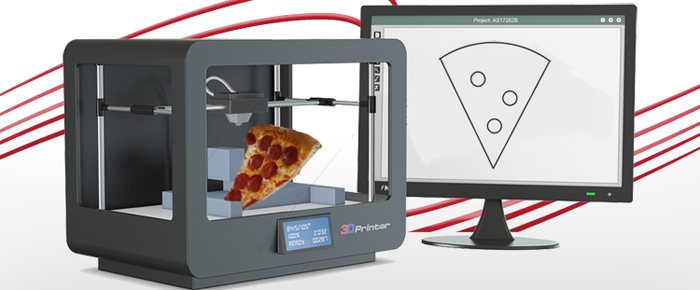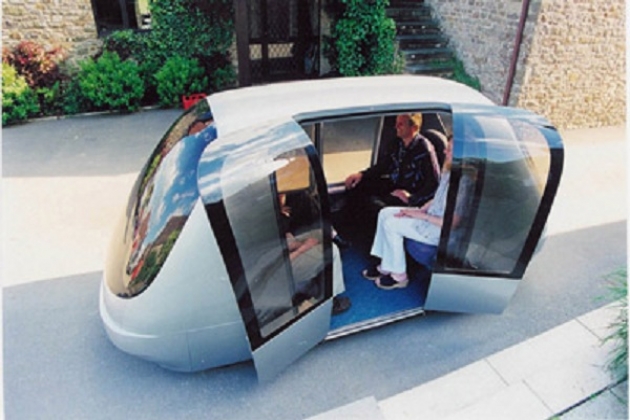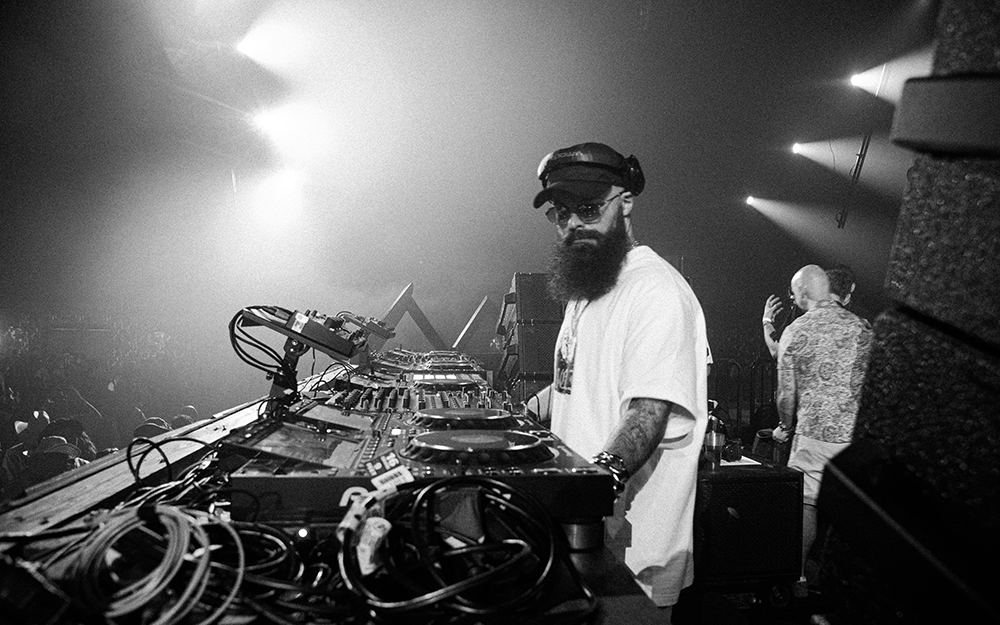
By Haddon Libby
The world is in the early stages of the technology revolution that will change literally every facet of life. Thomas Frey, innovation editor for The Futurist magazine, believes that 2 billion current jobs will be eliminated over the next fifteen years as a result. Most of these lost jobs will be in lowly skilled positions with many lost jobs replaced by higher skilled opportunities.
One emerging technology that will change many jobs is the 3D printer. In the not too distant future, one in five buildings will be printed. Many clothes will be printed. Nine in ten meals in restaurants will use 3D printers. Replacement human organs will be printed. A significant positive here is that many of the lowest paid, most exploitive jobs in the world will go away. Dramatic growth in system repair, maintenance and product design will occur.
Four in five doctor visits will be replaced by automated exams predicts Vinod Khosla, co-founder of Sun Microsystems. Khosla stated that creating the automated systems to help create automated exams is less difficult than the driverless car currently being built by Google. As such, expect this development to occur in the not too distant future.
Along with this, the delivery of current medical procedures will change. Miniaturized medical equipment will eliminate the need for costly biopsies. As one example, the University of Texas is developing a pen-sized device that can detect skin cancer without a biopsy. Resultantly, current cancer treatments will become obsolete. Think of treatments where minicomputers attack only cancer cells and leave healthy cells alone.
Pharmaceuticals will change as well. Through the use of things like 3D printers, medicines will be customized to the unique needs of each patient. Many believe that microcomputers may replace the need for pills in that those devices will help the body to heal itself.
All of these changes will mean that half of the current roster of Fortune 500 companies will go away.
We can already see the beginning of these changes in the area of cable television. Netflix and other online services will undermine the current antiquated delivery system that forces consumers to buy a bundle of networks in order to receive the one or two that they want.
Education is another area positioned for massive change. It is expected that half of all colleges and universities will collapse due to a mix of high costs and poor results. According to the Wall Street Journal, 37,000 of last year’s 284,000 U.S. college graduates ended up working minimum wage jobs upon graduation.
The development of an Internet-based education system will eliminate the need for many higher education facilities. This will drive the growth of micro-colleges that provide intense training in specific fields where degrees can be achieved within six months. Given the current cost of higher education and the low cost of online education, expect something like Apple’s iTunesU to displace many teaching positions. Replacing teachers will be personal educational consultants.
 Energy needs will be fulfilled via solar, wind and ocean hydropower. This will mean that companies like Southern California Edison will either experience massive change or fail. Worldwide demand for oil and gas will fall as people use solar/electric cars and/or driverless cars. Driverless vehicles will remove the need for taxi, bus and delivery vehicle drivers. New jobs in traffic management, service and other system maintenance jobs will replace some of these low-skill job losses.
Energy needs will be fulfilled via solar, wind and ocean hydropower. This will mean that companies like Southern California Edison will either experience massive change or fail. Worldwide demand for oil and gas will fall as people use solar/electric cars and/or driverless cars. Driverless vehicles will remove the need for taxi, bus and delivery vehicle drivers. New jobs in traffic management, service and other system maintenance jobs will replace some of these low-skill job losses.
While change can be scary and will force each of us to do things that we are currently uncomfortable with, the end result will be better lives for our children and our children’s children.
Haddon Libby is Managing Partner of Winslow Drake, an investment management and advisory firm, and can be reached at hlibby@winslowdrake.com.










































